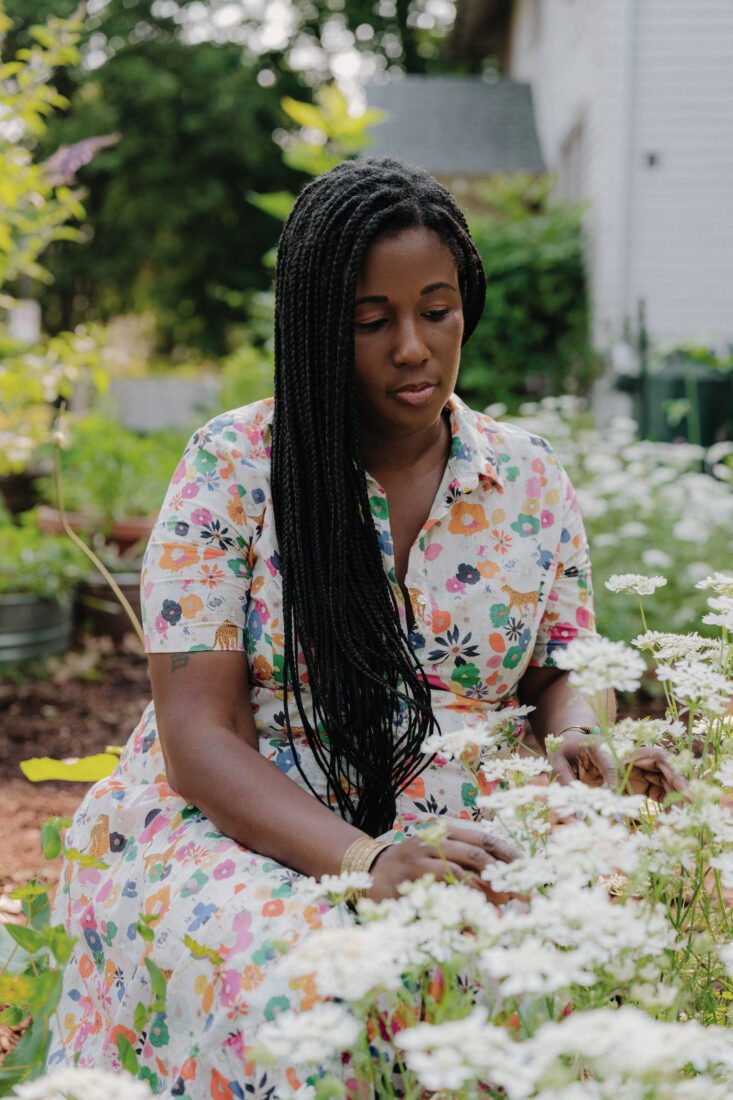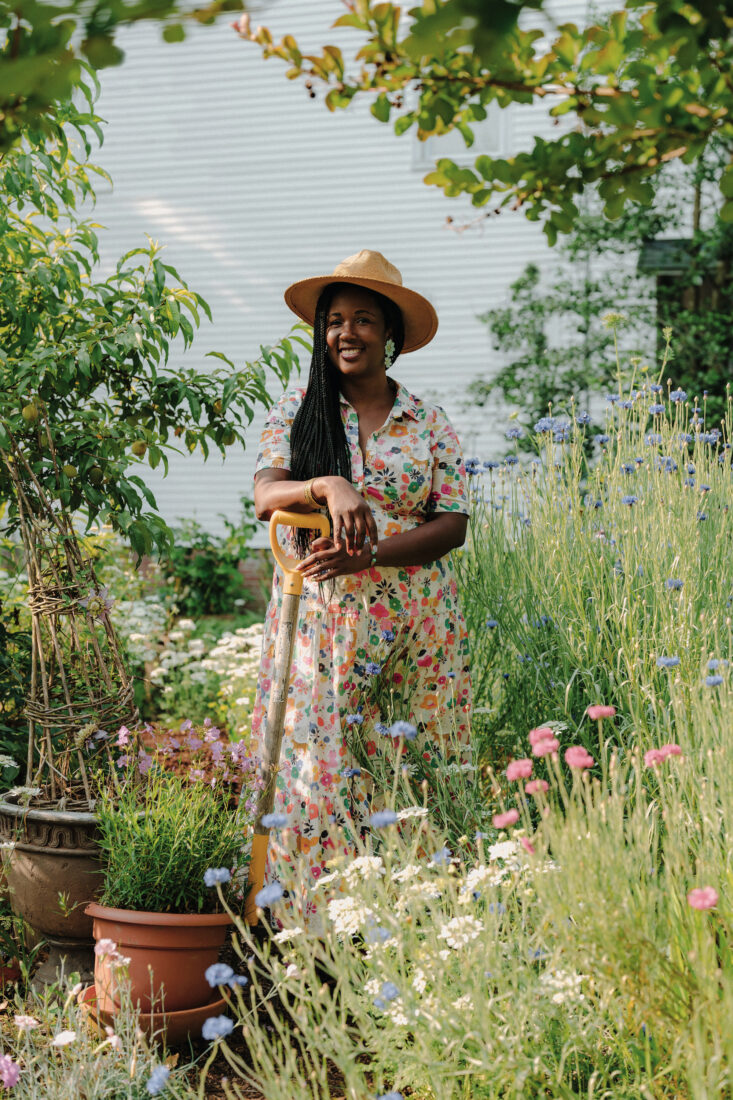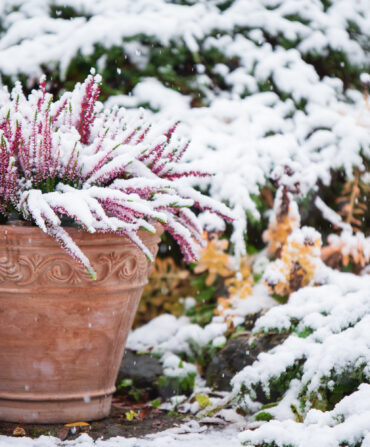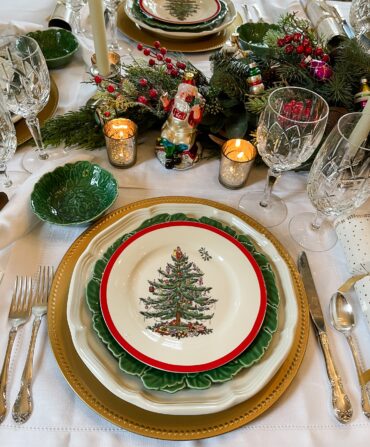The delicate hellebores open first, in late winter, and then come the tulips in Dee Hall’s garden in Norfolk, Virginia. The Tidewater region’s warm climate soon ushers in ranunculus and peonies, and by late summer, dahlias put on their big-bloom show.
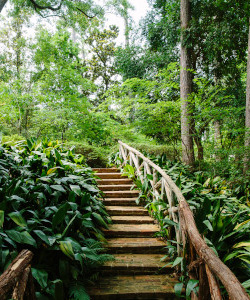
Four years ago, when Hall tried to find local flowers for her wedding, she came up empty-handed. An idea sprouted as she remembered the Caribbean gardens of her grandmother and great-grandmother, in St. Lucia. “Gardens have always been part of my life,” she says. “The sense of wonder and excitement never goes away.” On the bit of earth around her house, she started with a base of pollinator-friendly native plants and layered in colorful yarrow, snapdragons, and celosia. Soon neighbors volunteered their yards, too. Hall now tends about an acre all told for her company, Mermaid City Flowers, which she started in the fall of 2020. Formerly empty, grassy lots now teem with mint, garden phlox, and Saint-John’s-wort, providing flowers and greenery for events, workshops, and her monthly “bouquet subscriptions.”
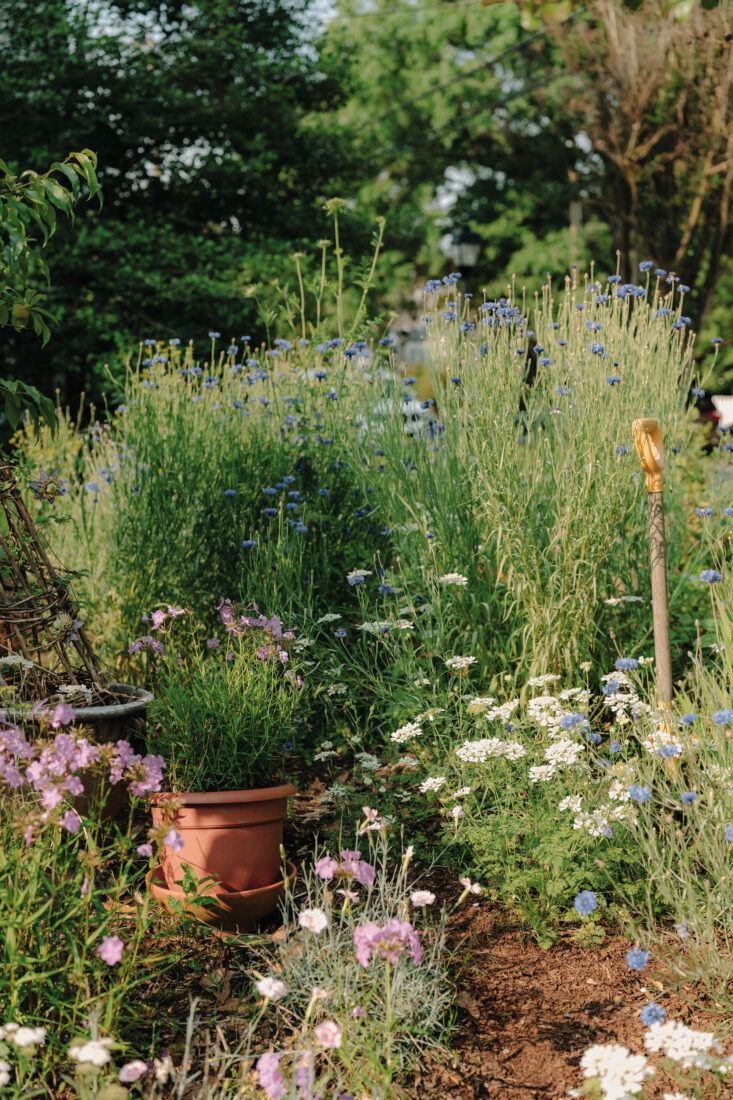
Hall next set about cultivating a community, founding the Tidewater Flower Collective so that other floral pros in the area could compare notes on seasonality and collaborate. “I never feel like I’m in competition with the growers here,” she says. “We root for everyone’s success.” She expanded her network wider when, in 2021, she started Black Flower Farmers, an international group of growers, including families who sow plots in North Carolina, folks in Kentucky who have a monthly flower arrangement club, and a farmer in South Africa. “People are happy to share opportunities, lend their expertise, and discuss challenges they may have faced,” Hall says. “It’s been invaluable to have a place with other people who are like me in an industry that doesn’t have many of us.”
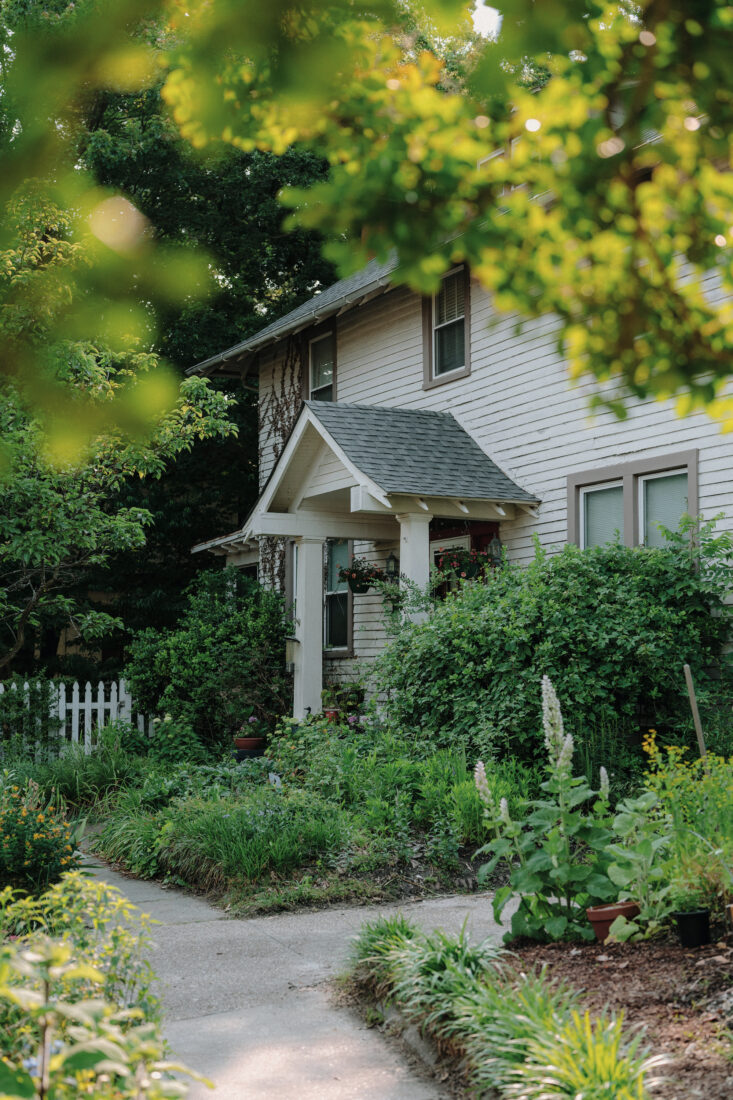
Now when she walks among her sunflowers and cosmos, choosing bridal flowers, Hall thinks about the community of gardeners she’s nurtured and the lives that thrive on her land—it’s listed as a monarch butterfly way station and a National Wildlife Federation certified wildlife habitat. “It’s alive with buzzing, chirping, and croaking,” she says. “There’s so much hope in a garden.”
